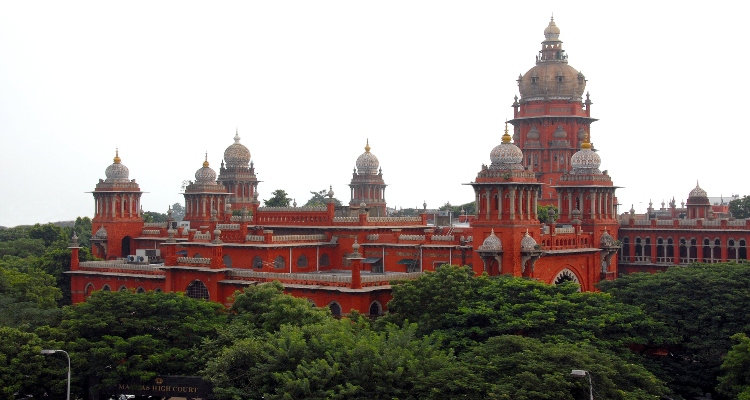
The Madras High Court, in a recent development, has instructed the Insurance Regulatory and Development Authority of India (IRDAI) to treat Ayurveda, Yoga, Naturopathy, Unani, Siddha, and Homeopathy (AYUSH) therapies on an equal footing with allopathy when addressing insurance claims.
In a decree issued on November 21, Justice N Anand Venkatesh deemed it “discriminatory” for insurance companies to show a preference for allopathy over AYUSH treatments or establish different maximum caps and reimbursement amounts for AYUSH and allopathy treatments within insurance schemes.
Justice Venkatesh emphasized that traditional AYUSH treatments in India should be encouraged and receive the same consideration as allopathic treatment.
Individuals opting for AYUSH treatments should be entitled to the same insurance coverage for their expenses as those undergoing allopathic treatment. This directive is to be implemented by IRDAI in all future policies.
The judge asserted that individuals undergoing medical treatment have the right to choose between allopathy and traditional AYUSH treatments.
He reminded IRDAI that during the COVID-19 pandemic, when health services were overwhelmed and emergency cases were being treated around the clock, medical practitioners recommended traditional treatments, home remedies, and AYUSH treatments for those with milder infections.
In such circumstances, the Court deemed it unreasonable to impose restrictions on reimbursement caps, preventing policyholders from receiving reimbursement for expenses incurred in AYUSH hospitals.
The Court, in response to two petitions, one filed by a lawyer and another by a clerk seeking reimbursement under their respective insurance policies, discovered that IRDAI regulations imposed a cap on the maximum reimbursement for availing AYUSH hospital treatments.
This cap was considerably lower than that for allopathic treatments under similar policies.
While the private insurance company involved eventually formulated a comprehensive policy to cover AYUSH treatments in the present case, the Court directed IRDAI to take similar measures.
The Court concluded, “There shall be a direction to the third respondent to act upon the suggestion made by this Court to place AYUSH treatment on par with allopathy treatment and direct the insurance companies to reimburse the insurance amount on equal scales. Both the writ petitions are disposed of in the above terms.”




